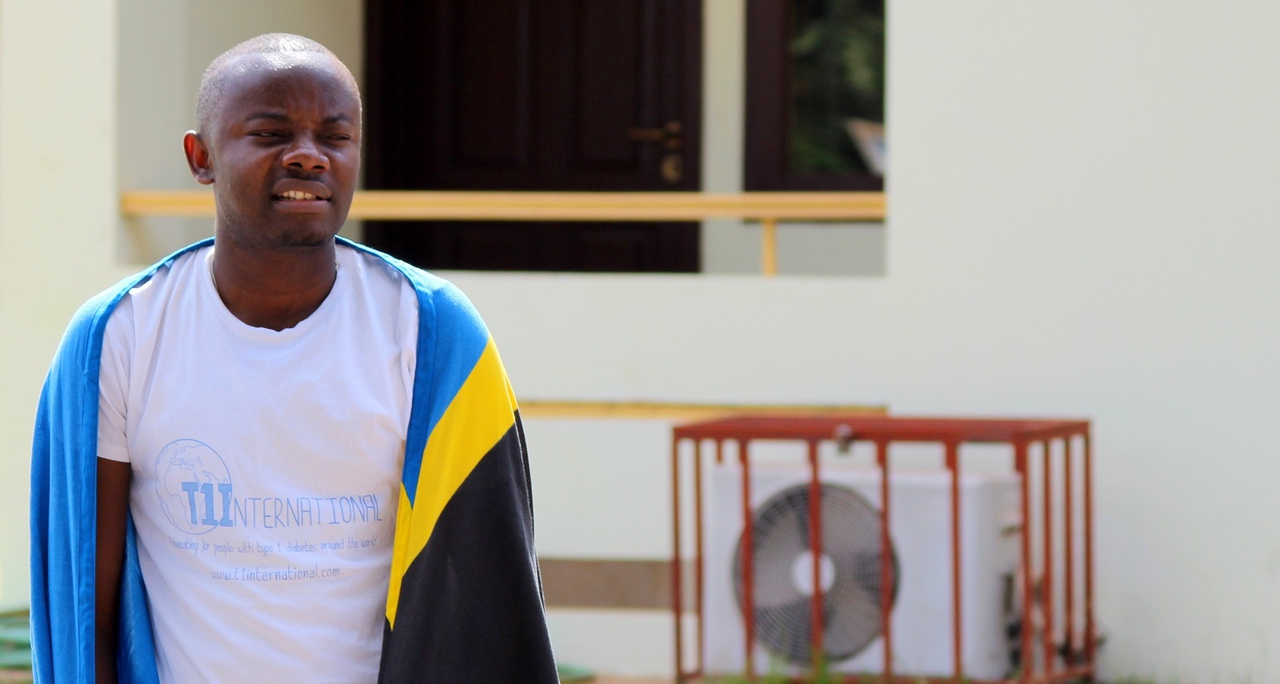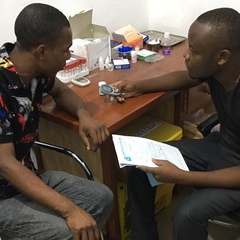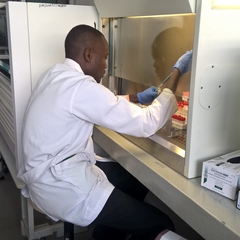
Lack of Knowledge about Diabetes is Killing us
24 Nov 2018, 3:11 p.m. in Global Stories by Johnpeter Mwolo
I have been living with type 1 diabetes for 13 years now. Not long ago, I decided to come out and tell people around me that I am diabetic. I did not do it because I needed their sympathy or pity, but because it was (and still is) through me that many people learned what diabetes is. When I tell someone about living with it, it gives other people with diabetes an opportunity to understand what it is like, and to show them how they can manage it. I try to show them that even if it is a burden, when they have more knowledge about it they can cope.
Sharing about my life with type 1 diabetes also helps to educate the public about this condition. I tell them that type 1 diabetes is not caused by eating too much sugar or too many sweets. I have it because my body started to fight against itself. My immune system started killing all of the cells that are responsible for the production of insulin, a hormone that regulates glucose inside my body. The cause of the immune attack is still not clear, but we hope soon it will be known so that we can cure this silent killing disease.
What this means is that it is not my fault or anyone’s fault that they are diabetic. It means that is not right for anyone who does not live with the condition to judge us or say things against us when they do not fully understand the cause of diabetes or what we have to deal with every day. So many people with diabetes in Tanzania end up in a state where we feel stressed, ashamed or depressed. Some even end up committing suicide because of the unfair stigma put upon them.
For me, I hid myself for more than 10 years. I would have rather died than have someone find out I was diabetic. I did that because of misinterpretations from many people due to lack of knowledge about it. I had to tell my mom that no one should know that I’m diabetic unless it was necessary. As a result, those few who knew came up with a lot of their own interpretations about it. I was told many times that traditional herbs would cure me completely. Obviously, none of those worked and I am still diabetic today.
I have friends whom I decided to talk to about my condition. Some were my secondary school friends, some were my friends from the university, and some are from the community where I live. Soon after telling them, I was sad to see that our friendship started to shrink. Finally, it disappeared to a far part of the world where we could not get it back, though I still wish we could be friends like we were before.
I had no one to talk to about all these things, aside from my mom. She had a lot in her plate so I decided to take all of the burdens on myself and deal with them alone. I am lucky I found a good family of other people with type 1 diabetes that helped me come out of my depression. I am so lucky to have other friends with type 1 diabetes who understand.
Here in Africa we have huge shortages of endocrinologists and other specialists, and there is no support for mental health like psychologists and psychiatric doctors. I feel that there needs to be more of this support because in our daily life we are sometimes tormented by diabetes. We have to think about it constantly to try to make our blood sugars stable. We also have to worry about whether we can afford or find our next vial of insulin, or we have to travel hundreds of miles for a clinic every month (if we are lucky enough to see our doctor that often). Personally, I need to pay a transport fee to a clinic in another town, the only place where you can have diabetes check-ups and specialist appointments, every time I need to see the doctor. I’m now 28 so I will soon need to chance clinics, which will have many problems and stresses. It will be difficult to adjust.
I was able to travel to Ghana for the Pamoja Advocacy training by T1I and SNF and the camp. I learned that my friends with type 1 diabetes from around Africa are worried about the same things I worry about. They fear of telling their friends about their diabetes, just like I did. We talked about how you never know when you might find yourself in a hypoglycaemia attack that may claim your life, especially if no one knows how to help you. I also spoke to some of the teenagers who were at the camp about it. They said, ‘I can’t tell my friends or anyone who is not related to me.’ I know why they are afraid to do so, but I know we must work to change this fear.
We need to be strong and educate others about type 1 diabetes, and society needs to be more accepting of our condition. It takes education and effort on both sides. Let’s find common ground to work this out for the benefit of our young brothers and sisters who are dying because of their fear of being isolated, which can be worse than the condition of diabetes itself.







